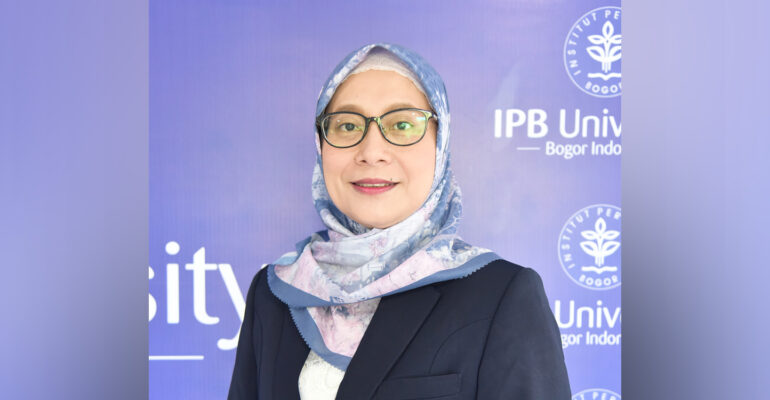PSN Rempang Island Considered Problematic, IPB University Socioagrarian Expert: This Policy Should Be Evaluated Totally

IPB University Socio-agrarian expert Dr Rina Mardiana considers the policy of developing Rempang Island as a National Strategic Project (PSN) problematic. Therefore, she recommends that this policy be totally evaluated.
In the launch of the Rempang Policy Brief broadcast on Yayasan LBH Indonesia’s YouTube channel (4/30), Dr Rina revealed that there are five main problems in the Rempang project policy.
“Starting from the legal invisibility of the Malay community, the replacement of the term relocation to local transmigration, the lack of public participation and meaningful consultation, social and ecological threats, to the potential for corruption and conflicts of interest,” she said.
She revealed that the Rempang project was not a new initiative. “This project has been started since the era of President SBY in 2004, and was revived under President Joko Widodo through the PSN status with an investment value of Rp380 trillion until 2080,” she explained.
In practice, Dr Rina added, the project led to conflicts and human rights violations. On September 7 and 11, 2023, there was an escalation of violence when joint forces entered the Rempang area.
“Thousands of heavily armed TNI-Polri personnel came to the village without the consent of the residents. There was no public consultation, which triggered trauma, arrests, and violations of the right to security,” she said.
Dr Rina, who is also a lecturer at the Faculty of Human Ecology (Fema) IPB University, also highlighted how the term ‘local transmigration’ was used as a form of euphemism for forced relocation.
“The use of language like this is a form of policy manipulation. The substance remains forced displacement that eliminates the rights of indigenous peoples,” she said.
Furthermore, Dr Rina recommended seven strategic steps as an evaluation of this project/policy. First, she proposed a thorough evaluation of the legality of the Rempang Eco City project.
“Second, stop using the term local transmigration. Avoid using manipulative terms that confuse the public,” she said.
Third, she continued, the government must legally recognize 16 Old Malay Villages in Rempang. Fourth, reformulate the green energy value chain to make it fairer.
Fifth, conduct a transparent and participatory ecological study to mitigate the impact of quartz sand mining.
Sixth, stop criminalization and intimidation of residents. Finally, facilitate a fair and open dialog by presenting an independent mediator.
“Fair development means listening to people’s voices and protecting their living space. We are not anti-development, but pro-justice and cultural roots,” she said. (dr) (IAAS/LAN)


